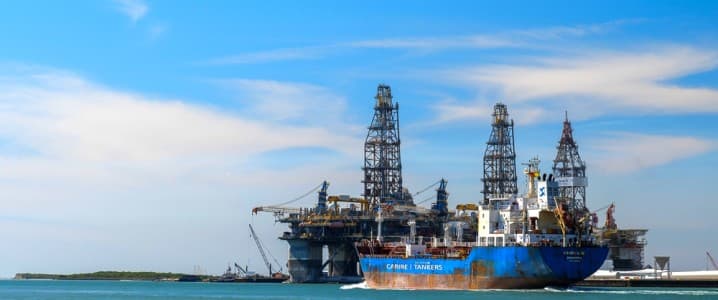Oil & Gas
AFRICA’S OIL AND GAS INVESTMENT TO HIT $43 BILLION IN 2025.
JUMA SULEIMAN

Operators and developers are set to invest a total of $43 billion in oil and gas projects across Africa in 2025, according to the African Energy Chamber’s latest report. This marks a continued commitment from both established producers and emerging players as investment flows into the continent’s energy sector. The projection follows a strong performance in 2024, where capital expenditure (capex) reached $47 billion, a 23% increase from the previous year.
Looking ahead, Africa’s oil and gas capex is expected to reach a decade-high of $54 billion by 2030, driven by new Final Investment Decisions (FIDs). The African Energy Chamber’s State of African Energy 2025 Outlook Report highlights that major players in West and North Africa will lead the way in investment. West Africa is projected to contribute more than half of the continent’s total capex, supported by major oil producers like Nigeria and Angola. Meanwhile, emerging markets such as Mauritania, Senegal, Ghana, and Côte d’Ivoire are also set to play a growing role in oil and gas development.
North Africa is also expected to remain a key investment hub, accounting for approximately 35% of Africa’s total energy expenditure. Countries like Libya, Algeria, and Egypt continue to attract investment due to their strategic location and established energy infrastructure. At the same time, while liquid hydrocarbons will continue to dominate investments, natural gas is gaining momentum, with its share of total capex projected to rise from 30% in 2023 to over 40% by 2030. This shift reflects a growing focus on gas projects and LNG export facilities across the continent.
International energy companies have increasingly turned their attention to West Africa’s gas and LNG potential and Namibia’s newly discovered massive oil reserves. These regions have become hotspots for exploration and development, indicating Africa’s rising importance in the global energy landscape. With these investments, the continent is positioning itself as a major player in both traditional oil production and the expanding natural gas market.
